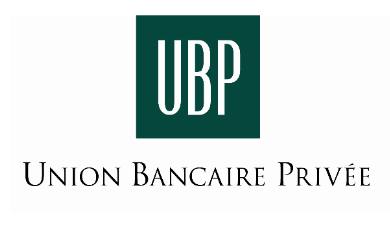
Brexit - Two major shocks for UK -comment by Villamin and Gautry of UBP
Economics: Brexit should drive the economy into a technical recession in H2-16 and in 2017 (-3%/-1% range), due to lower consumption and a fall in capex. The unemployment rate is expected to rise next year (by probably 1/1.5 point from the current 5%). As the current account deficit is large (7% of GDP), the dependence to capital flows is large, pointing towards potential substantial fall of the GBP. Inflation could rebound in parallel, with an upside risk of around 3%.
The most impacted sectors will be: real estate, bank, advertising and manufacturing.
The official exit is likely to be effective in 2018, and this opens a period of tough and long negotiations with the EU (trade agreements, free circulation).
Despite the weakening of the GBP, the BoE is expected to ease its policy in order to avoid a domestic credit crunch or any systemic risk from the banking sector; the fiscal policy will also probably launch some budgetary support later on, at the risk of deteriorating its debt rating.
A manageable shock on the Eurozone
The impact on the Eurozone economy should remain limited (-0.2 pp per annum on the next few years), but some countries are particularly exposed to a UK shock: Netherland, Germany and Belgium.
The political impact is probably far more important than the economic one, as anti-EU protesters will gain voices in the coming elections (Spain, Italy, Netherlands). The risk is a fragmentation of the EU and the Eurozone, and even other anti-EU referendums in some regions. Governments in place, EU institutions and the EU project will all loose some credibility and confidence.
Limited impact on the world economy, but…
The impact on the world economy should remain limited, but protectionism and anti-globalization sentiment may increase across regions.
The G7 has planned to communicate after the release of official results, and central banks will be ready to intervene to avoid any major turmoil in currencies and financial markets, and any risk of a “Lehmann event”. The Fed will probably postpone another time its decision on key rates, and the BoJ and the SNB will probably intervene or take specific measures.
For the world economy, we think these actions are keys to prevent from a negative spiral (shock in financial markets to impact the real economy, and reciprocally), as seen during the 2012 European crisis.
Financial markets will be highly volatile and safe haven assets will be favoured. Political reactions and central banks actions will be important to follow during the day, while the UK is entering a unchartered territory.



























